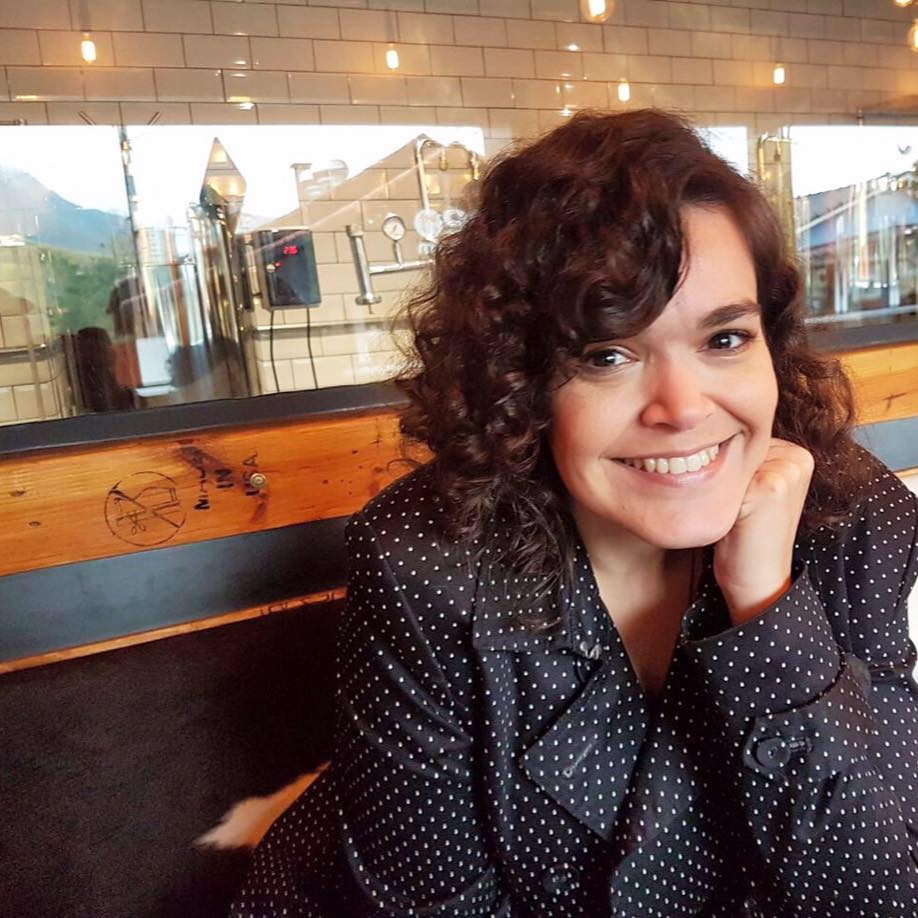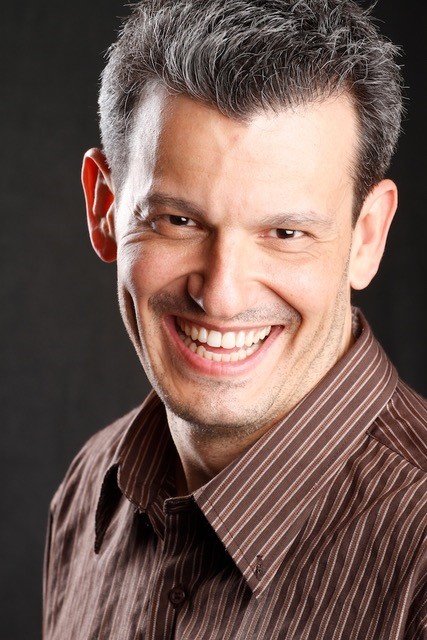Some lessons could not have been planned
I plan all the lessons I teach, but I don’t teach all the lessons I plan.
The initial idea for this one was not mine; I found it online. I was looking for different ways to review past modals of speculation for an FCE prep group. Having a group filled with teenagers, ages ranging from 13 to 16, I wanted something cool to use for a TTT (test-teach-test) approach that would eventually culminate in… past papers. Oh, woe.
A fellow teacher had posted a suggestion online: why not use a song? She took what seemed to be a very biographical song from Pink (a singer that is known in my country, but not far and wide), entitled “Family Portrait”, and used it to ask for learners’ assumptions of what her childhood had probably been like. I bought the idea, adapted it, and took it to the classroom.
I started by projecting on the board a picture of Pink, with the question “What do you think Pink was like when she was your age?”, followed by a model sentence that read: “She may/could/must/cannot have been ____ because ____.” Under the sentence, some B2-like adjectival suggestions, to keep them away from “nice”, “boring”, and other maybe-too-simple descriptions for a prep course. I left them there, speculating, and at the end of 2 minutes asked for some examples and elicited the difference in meaning between them. It sounded good; they were aware of the use.
So, as a pre-task, I showed them a family photo (allegedly from the singer’s family) and asked them: based on this picture, what can we say about her relationship with her family? They jotted down some ideas in pairs, again using past modals. So I asked them to listen to the song, lyrics in hand, and to find examples that confirmed or rejected their assumptions. Mind you, I was not really interested in the outcome, only in how well they could use the past modals. We had a brief discussion about the different results.
As a post-task discussion, I asked them to, in new pairs, discuss three simple questions: “How is your relationship with your family? Who are you closer to? Is it the same person you were closer to when you were younger?” My lesson plan foresaw 2-3 minutes for this task, believing I was aiming too high, as teenagers are very often bored and unenthusiastic, and tend to keep their sentences to a minimum during these tasks. After that, my plan was to give them the past exam questions focused on past modals.
But a classroom is something alive, sometimes even wild, I would dare say. And who am I to try to tame it as much as books recommend I do?
When it hit me that the two minutes had flown by, there were no more pairs, but rather one big circle of passionate teenagers, avidly listening, raising hands, telling stories about their own family. I took a step back and watched from afar (which, in a classroom, means maybe a meter and a half away).
And there they were, those brilliant young minds, telling their classmates about their parents’ divorce; the sister that had moved to a different city; the father that lives in another city on business days and how much she misses him; the mother that (she feels) does not like her very much; the perfect parents; the father he would rather left them already; the grandmother that raises her and that is the best person in the whole world. And the sentence: “You are lucky your parents got divorced when you were young. Parents protect young kids. I do not feel protected from anything.”
It was all so intense and so beautiful that they were suddenly weepy, exchanging hugs and songs on their phones. At the end of this trance-like round-table moment, it dawned on them that I was there: “Teacher, was this a lesson or a group therapy session?”, one of them asked, laughing.
Maybe both?
The past papers were, for the most part, assigned as homework. To me, this is what a great lesson feels like: the communicative aim was met – and way beyond my expectations. Learners were connected, integrated, interested, and, by the end of the lesson, less lonely. The leading roles of this safe space that my classroom was turned into were theirs, and I could see them all evolving into more independent, communicative, open, honest citizens.
This experience has made me once more feel that, sometimes, the excessive control over a lesson can take away the diamond-like luster that a classroom can – and must – have. A few minutes later, I left the room thinking about Scott Thornbury, Dogme lessons and how, sometimes, no planning can also be a plan.
It is important that the amount of training we take as teachers does not limit us, but rather helps us expand our creativity into new levels of freedom. And, if this is what I wish for myself, I cannot wish anything different for my students. I plan all the lessons I teach. But I cannot plan the lessons I learn.






